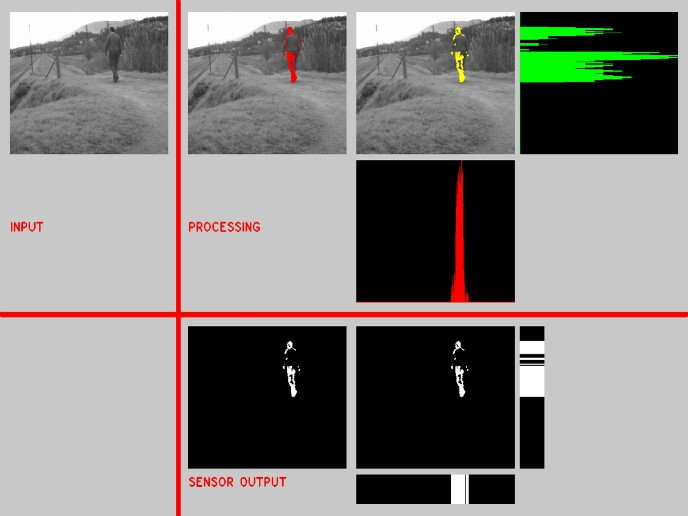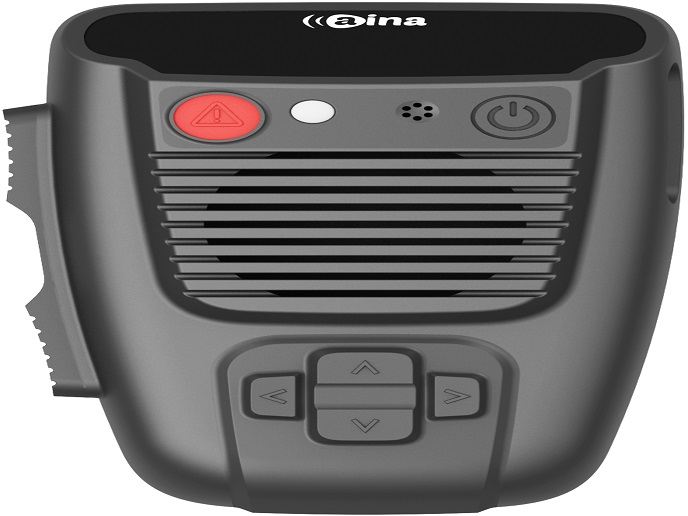Enabling cryptocurrency use for European merchants
European merchants pay staggering financial fees amounting to around EUR 1.8 billion per year to US financial institutions, to facilitate credit card and digital transactions. Merchants also spend time and money dealing with extra costs and fraud when accepting credit cards. In 2017, chargeback costs resulted in an average of USD 2.64 for each euro earned per chargeback event. Cryptocurrencies(opens in new window), built on the decentralised, distributed ledger technology known as blockchain(opens in new window), offer a promising route to solving this problem, thanks to second layer technologies like the Bitcoin Lightning Network payment protocol. Cryptocurrencies such as Bitcoin, Ethereum and Litecoin represent billions in transaction value worldwide already. Yet mainstream adoption has been slowed by concerns over integrity, speed and scalability. Cryptocurrencies are limited by the speed of transactions, as blockchain can process only a certain amount in order to maintain the security and transparency that make it a viable system for financial transfers. Bitcoin, for example, can process seven transactions per second, compared to the 24 000 claimed to be handled by the VISA system. To drive cryptocurrency adoption further into the public sphere, Shift Cryptosecurity has designed a state-of-the-art, easy-to-use merchant appliance that offers a plug-and-play option to start accepting this new generation of payments. The innovation provides complete security to merchants, and allows them to trade with popular cryptocurrencies at scale, and at speed. “We are proud of our team’s ability to execute difficult security and architectural challenges while having the end user in mind. We are also proud that our solution is recognised as cutting-edge by the cryptocommunity and that we are pushing the forefront of this new industry,” says Douglas Bakkum, CEO of Shift Cryptosecurity.
Lightning transactions
The most promising solution to the Bitcoin scalability problem is a system known as the Lightning Network. This is a second layer technology that uses micropayment channels to process transactions at higher speeds than the underlying blockchain infrastructure. It provides virtually infinite transactions, instantly and with almost zero fees. Furthermore, by removing traffic from the main blockchain, associated transaction fees on the main network can be lowered. Yet, to access the Lightning Network requires a high level of technical knowledge, making it prohibitive for most merchants. “Our BitBoxBase solution removes the friction by providing an easy-to-use plug-and-play hardware device that acts as a Bitcoin and Lightning node,” says Roland Stadler, BitBoxBase Product Lead.
Easy access to complex systems
The flagship product BitBox02 hardware wallet(opens in new window) was released in September 2019, and has been well received by the Bitcoin and cryptocommunity. Another product, BitBoxBase, is still in development. BitBoxBase provides an easy way to access the Lightning Network, with security and privacy. It acts as a round-the-clock personal access point to the Lightning Network, allowing merchants and everyday bitcoin owners to send and receive funds through the associated BitBoxApp(opens in new window). The EU-funded BitBox project has run smoothly so far, and feedback from interested parties has been very enthusiastic. “Because the project is open-source, we have received great feedback from the Bitcoin community and several contributors around the world,” Stadler says. Such technologies will help shift the balance of power within existing financial networks, towards individuals and merchants. Technology that was prohibitively complex, expensive and only available to financial heavyweights is now becoming readily accessible. “What was once available to only a few can now be used by everyone thanks to our Swiss engineering and the Bitcoin and blockchain revolution,” says Stadler.







